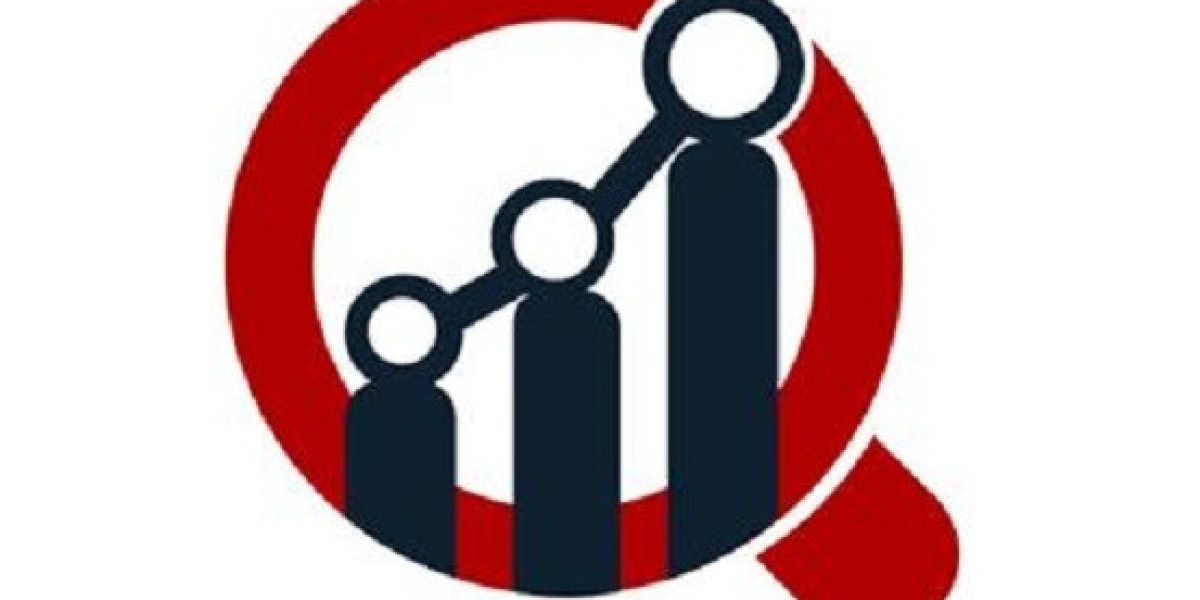Introduction: The Foundation of Compassionate Support
In any robust healthcare system, the direct and continuous support provided by caregivers forms an indispensable foundation. Health caregiving encompasses the assistance given to individuals who, due to illness, disability, or age, cannot fully care for themselves. This vital role extends far beyond merely addressing medical needs; it involves a holistic approach to maintaining a person's physical, emotional, and social well-being. From helping with daily activities to managing complex medical routines and offering crucial companionship, caregivers often shoulder immense responsibilities. Their tireless dedication allows countless individuals to remain in their homes, improving their quality of life and alleviating the strain on formal healthcare institutions. Understanding the multifaceted nature of health caregiving is key to recognizing its profound impact on individuals, families, and communities.
Defining Caregiving: Informal and Formal Support
Health caregiving can be broadly categorized into two primary forms:
- Informal Caregiving: This is typically provided by family caregivers – spouses, children, siblings, or other relatives – who offer unpaid assistance. They often become caregivers due to family bonds and a sense of duty, integrating care responsibilities into their personal lives. Their care is deeply personal and often spans various aspects of daily living.
- Formal Caregiving: This involves paid professionals, such as home health aides, personal care assistants, nurses, or other trained personnel. These individuals provide care in various settings, including private homes, assisted living facilities, or nursing homes. Their services are often structured, adhering to specific care plans and professional standards.
Regardless of whether the care is informal or formal, the scope of tasks performed by caregivers is extensive. This can include assistance with Activities of Daily Living (ADLs) like bathing, dressing, eating, and mobility, as well as Instrumental Activities of Daily Living (IADLs) such as medication management, meal preparation, transportation, and managing finances. For individuals with chronic conditions or complex medical needs, caregivers also monitor symptoms, administer medications, manage medical appointments, and communicate with healthcare providers, effectively acting as a crucial link in the patient's care continuum.
Challenges and Profound Importance
Despite their invaluable contributions, caregivers, particularly informal ones, face significant challenges. The demanding nature of their role can lead to caregiver burnout, characterized by physical and emotional exhaustion, stress, and reduced personal well-being. Many caregivers grapple with financial strain due to lost wages or increased out-of-pocket expenses for care-related needs. The emotional toll can be profound, as caregivers often witness the decline of loved ones, leading to feelings of grief, isolation, or depression. Navigating complex healthcare systems and advocating for the care recipient also adds to their burden.
Despite these difficulties, the importance of health caregiving cannot be overstated:
- Enhanced Quality of Life: Caregivers enable individuals to maintain independence and dignity, often allowing them to remain in familiar home environments rather than institutional settings.
- Reduced Healthcare Costs: By providing personalized care at home, caregivers significantly reduce the need for costly hospitalizations, emergency room visits, and long-term institutional care.
- Improved Patient Outcomes: Consistent and attentive care from a dedicated caregiver can lead to better adherence to treatment plans, timely recognition of symptoms, and overall improved health outcomes for patients with chronic conditions or disabilities.
- Emotional Support and Companionship: Beyond physical tasks, caregivers offer invaluable emotional support, companionship, and a sense of security, which are crucial for mental and emotional well-being.
- Bridging Care Gaps: Caregivers often fill critical gaps in formal healthcare systems, providing the continuous oversight and personal attention that would otherwise be difficult to achieve.
Evolving Trends and Future Directions
The landscape of health caregiving is continuously evolving, driven by demographic shifts, technological advancements, and a growing recognition of caregivers' vital role. Key trends are shaping the future of caregiving support:
- Technology Integration: The rise of digital health tools, telehealth services, and remote monitoring devices is empowering caregivers. Smart home technologies can assist with safety and medication reminders, while virtual platforms allow for remote consultations and support groups, reducing isolation.
- Personalized and Patient-Centered Care: There's a greater emphasis on tailoring care plans to individual needs and preferences, with caregivers playing a central role in articulating these requirements. This involves leveraging data and insights to optimize care delivery.
- Caregiver Support Programs: Increased recognition of caregiver burnout is leading to the expansion of respite care services (allowing caregivers temporary breaks), educational programs, mental health support, and peer support networks.
- Policy and Financial Support: Governments and organizations are increasingly exploring policies that offer financial assistance (e.g., tax credits, direct payments) or leave options for working caregivers, acknowledging their economic contribution.
- Aging-in-Place Solutions: Innovations aimed at making homes safer and more accessible for older adults and those with disabilities reduce the physical demands on caregivers while promoting independence.
- Artificial Intelligence (AI) and Robotics: Emerging technologies like AI-powered assistants for task reminders or social robotics for companionship hold future potential to augment, though not replace, human caregiving.
Conclusion: Nurturing the Caregivers Themselves
Health caregiving is a profound act of compassion and commitment that underpins the well-being of millions of individuals globally. It is a demanding yet deeply rewarding endeavor that serves as an essential, often unacknowledged, pillar of healthcare delivery. As societies grapple with aging populations and the rising prevalence of chronic diseases, the imperative to support and empower caregivers will only grow. By investing in technology, policy, and comprehensive support systems, we can ensure that those who care for others are themselves nurtured, strengthening this vital backbone of our collective health and compassionate communities.
Explore our latest reports
? Stay ahead in the healthcare industry. Browse our latest insights now!
About Market Research Future (MRFR)
Market Research Future (MRFR) is a global market research firm that provides comprehensive insights into market trends, drivers, challenges, and opportunities. We offer a broad range of market intelligence reports and consulting services to help businesses and enterprises in various industries make informed decisions
Media Contact:
Market Research Future (MRFR)
Phone: +1-646-845-9312
Email: contact@marketresearchfuture.com
Website: marketresearchfuture







